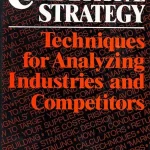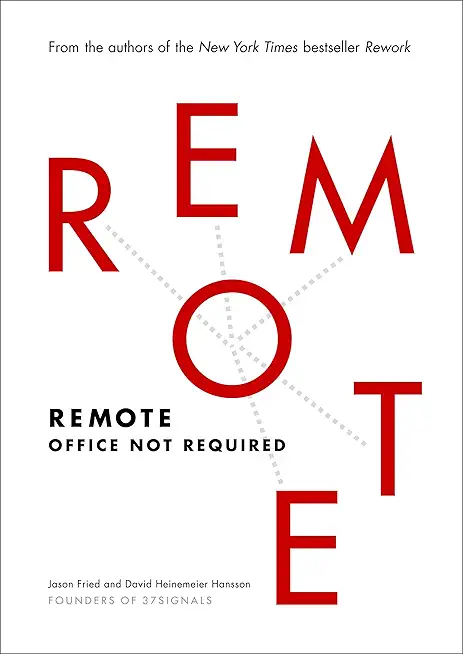
Competitive Strategy – Michael E. Porter

Bold – Peter H. Diamandis & Steven Kotler
Title: Remote
Author: Jason Fried & David Heinemeier Hansson
Main Idea
Remote explores the benefits and challenges of remote work, advocating that it can boost productivity, creativity, and work-life balance when done properly. The authors challenge traditional office norms and argue for a more flexible, trust-based approach to work.
Key Points
-
Misconceptions About Remote Work:
- Remote work is often mistaken as less productive or collaborative, but the reality is that many distractions of office life can hinder focus.
- Trusting employees to manage their own time leads to better results than micromanagement.
-
Benefits of Working Remotely:
- Remote work allows people to work when and where they are most effective, leading to higher quality output and innovation.
- Eliminating commute time and office distractions boosts overall satisfaction and efficiency.
-
Challenges That Need Addressing:
- Communication can sometimes be a hurdle, but using the right tools and setting clear expectations can overcome it.
- Remote teams require conscious efforts to build relationships and culture despite physical distance.
-
Rethinking Meetings and Office Culture:
- Meetings often waste time and should be minimized or replaced with asynchronous communication when possible.
- Traditional office perks are less important than flexible work arrangements and respecting personal time.
-
Work-Life Balance and Autonomy:
- Remote work supports a healthier balance by allowing individuals to structure their day around their personal life.
- Autonomy fosters motivation and engagement, leading to better creative and problem-solving outcomes.
-
Hiring and Managing Remote Teams:
- Hiring remote workers broadens the talent pool beyond geographic limitations.
- Managers must trust employees and focus on output rather than time spent online or at a desk.
-
Tools and Techniques to Succeed Remotely:
- Clear documentation, frequent but purposeful communication, and flexible schedules are key to success.
- Avoiding multitasking and setting boundaries between work and personal time enhances focus and well-being.
-
Cultural Shift in Work:
- Remote work challenges outdated assumptions about productivity and presence, driving a new culture of results over appearances.
- Organizations that adapt gain competitive advantages in attracting and retaining talent.
Review
- The book convincingly argues that remote work isn’t just feasible but advantageous in many respects, urging a break from rigid office traditions. Its focus on autonomy, trust, and thoughtful communication provides practical insights for individuals and businesses aiming to embrace remote work well.
Recommendation
- This book is ideal for business leaders, HR professionals, and anyone navigating the transition to remote or hybrid work environments. It’s also valuable for employees seeking to understand how to thrive working remotely.

